Dentist and hygienists are trained to look for signs of oral cancer. They are your first line of defense against this disease Early stage oral cancer may not be detected by an individual because it often causes no obvious symptoms or discomfort.
A dental or medical provider can perform a painless, two-minute oral cancer exam during your regular check-up or cleaning.
The exam looks for unusual red or white skin patches or sores inside the mouth and on the tongue or lips and swelling in the head and neck region.
Oral cancer is most successfully treated when these often-unnoticed skin changes are found early in the course of the disease while still painless.
For just around a mere hundred dollars and a simple and painless swabbing of your mouth, your dentist or periodontist can analyze your saliva to see if you have the HPV-16 virus also known as the human papilloma virus. This is the same virus that is responsible for the majority of cervical cancer in women. This test will also determine if you are genetically prone to periodontal disease. Bleeding gums and other consequences of poor oral hygiene such as blisters or lesions are portals for HPV transmissions.
While the most common culprits of oral cancer are abuse of alcohol and tobacco and marijuana usage, more and more people are becoming susceptible by exposure to the HPV virus.
Quitting tobacco and marijuana reduce your chances for oral cancer. Other ways to reduce your risks include limiting alcoholic drinks and using a lip balm with an SPF of at least 15 anytime you are outdoors.
It’s advisable to use protection when entering into sexual behaviors that place you at higher risks for exposure to HPV.
It's a cop out to mistakenly believe oral cancers are rare occurrences — when 115 new people are diagnosed each day in the U.S. alone. Early predictions are estimating over 45 thousand people will be diagnosed with oral cancer in 2015. Worldwide the problem is far greater, with new cases annually exceeding 450,000.
Don't merely rely on your dentist, hygienist or other oral health care professional to offer the simple and inexpensive screening tests which could detect mouth cancers, because it's up to YOU to take charge of your own health and ask for it during your dental cleanings and exams. When caught early, treatment is easier and the survival rate is 90 per cent.
The good news of how treatable oral cancers are is yet another reason not to put off going to the dentist--any more than you would delay seeing your primary physician for annual check ups.
If you have any of the following signs or symptoms for more than two weeks, see your dental or medical provider immediately:
- A white or red patch in the mouth
- A sore, irritation, lump or thickening of the mouth
- Hoarseness or feeling that something is caught in the throat
- Difficulty moving the tongue or jaw
- Numbness of the tongue or other areas of the mouth
- Swelling of the jaw that causes dentures to fit poorly or become uncomfortable
